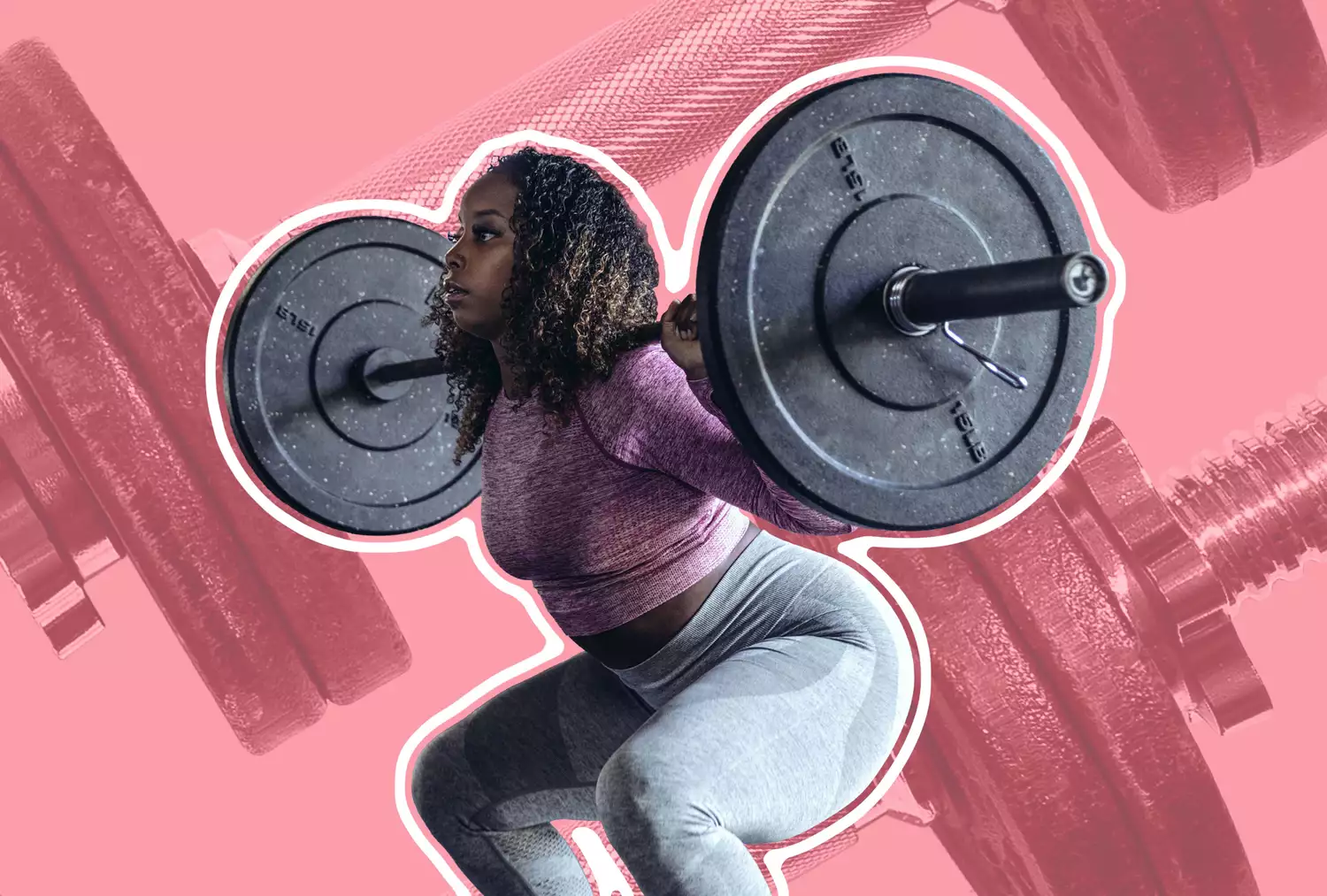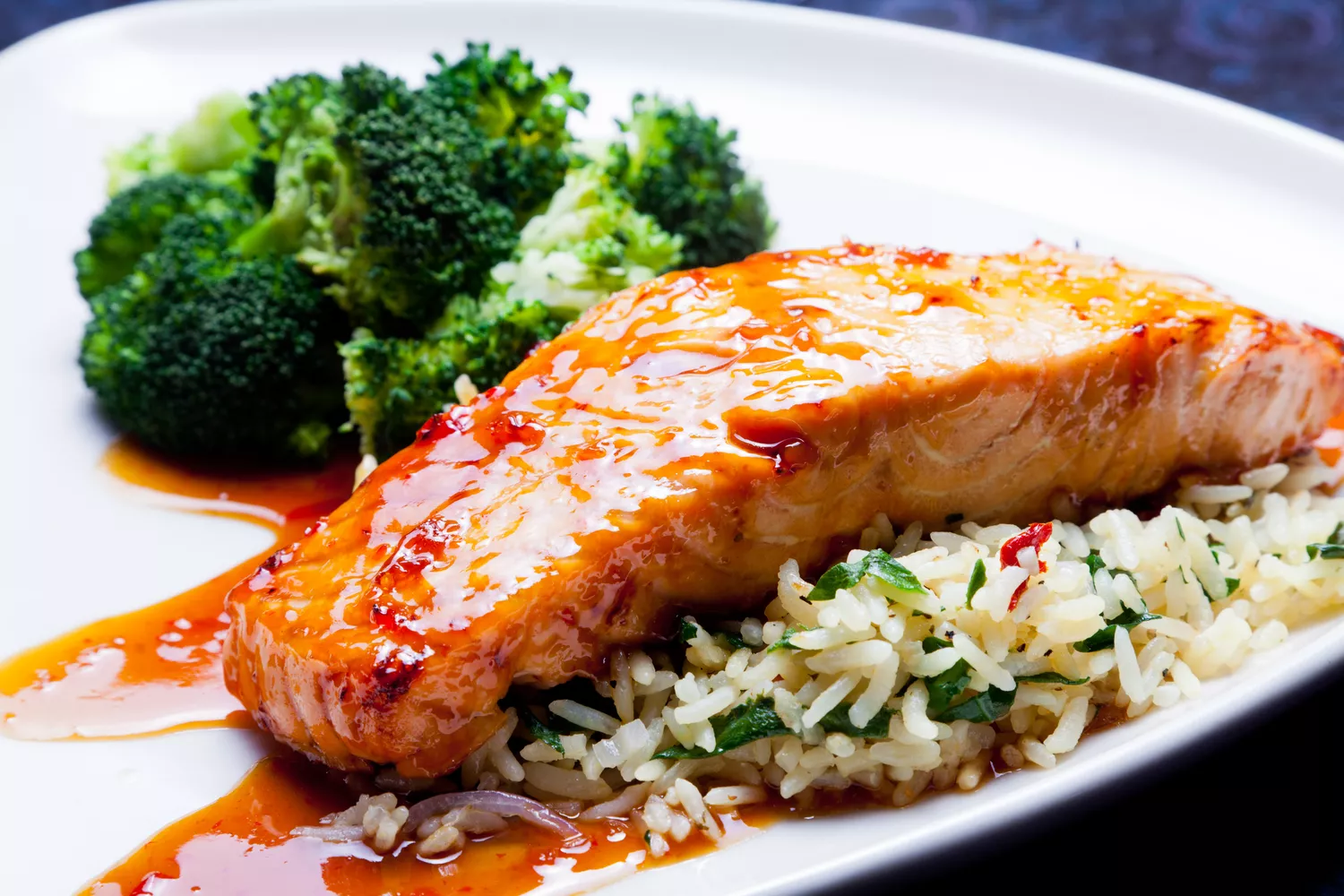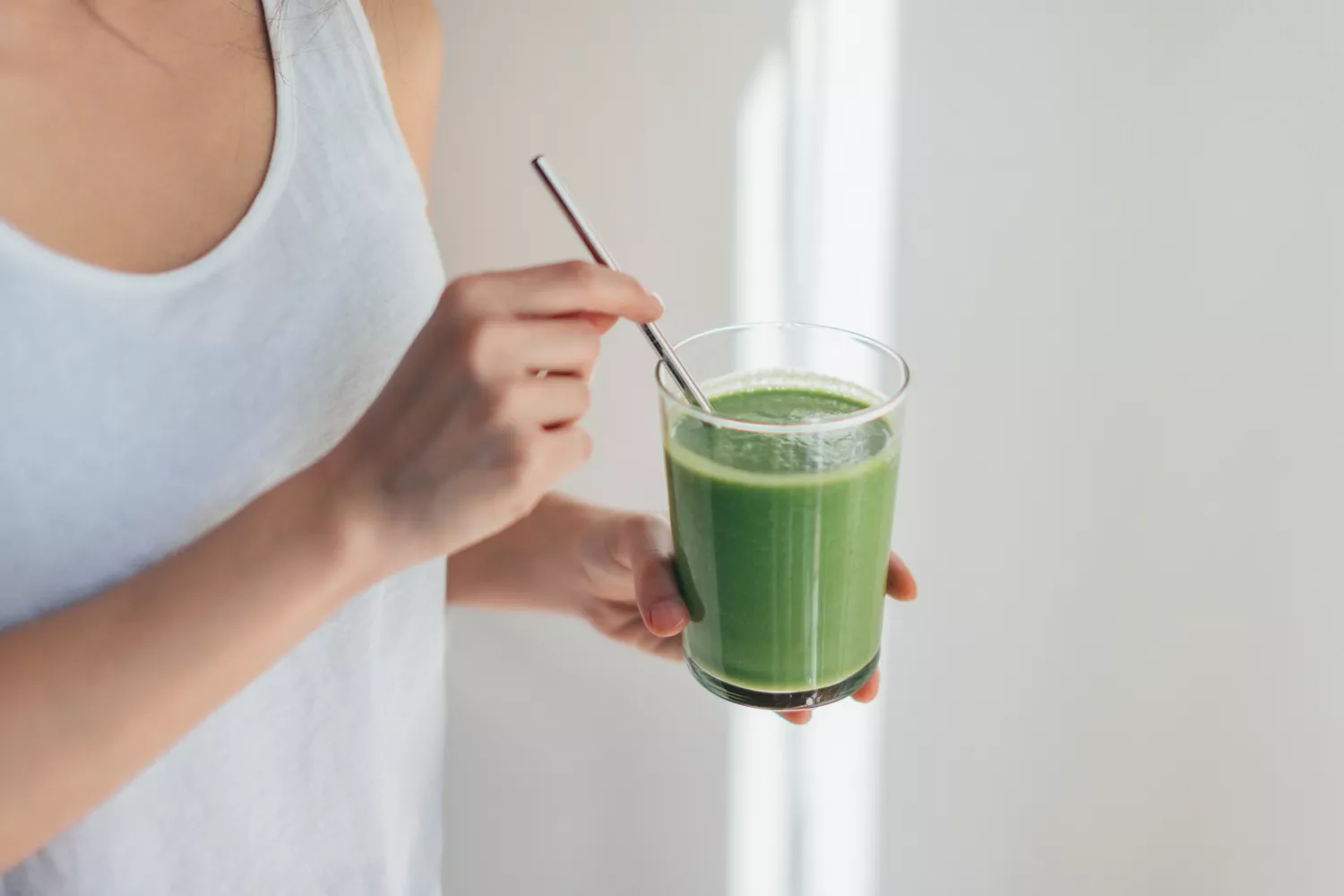There are numerous research-backed reasons why you may observe a small weight gain after exercise. These consist of muscle mass gain, water retention, post-workout swelling, supplement usage, and even undigested food. Most of the times, post-workout weight gain is short-lived. Right here is what you require to find out about putting on weight after working out.
Why Did I Gain Weight After Working Out?
Acquiring weight after working out is likely due to muscle mass fiber swelling, muscle glycogen and water weight gain, and in time, muscle mass gain. If weight management is your objective, seeing an increase on the range when you’ve been making an effort to exercise can be frustrating. Nevertheless, it is typically a normal, typical occurrence that is likely short-lived. Below are some of the reasons that it may be happening to you.
Muscle Weight Gain
You will likely acquire muscle mass when you begin exercising. How much muscular tissue you gain relies on your diet regimen and the kind of workouts you do.1 Yet any kind of boost in exercise is most likely to produce a minimum of some renovations in stamina and muscle mass.2.
If you participate in toughness training workouts and take in sufficient healthy protein, you’re most likely to see even more considerable increases in muscle mass. Genetics likewise contribute in the quantity of muscle mass you acquire when starting an exercise program.2.
If you tend to get muscular tissue conveniently, consider on your own fortunate. Muscular tissues assist to shape a strong, healthy body. Some people put on muscle quicker than others. Yet when you get muscle, the number on the range is most likely to increase.1.
As a matter of fact, even if you’re also losing fat, you may see a boost on the scale. Muscular tissue is much more dense than fat, however it takes up much less space. That means if you obtain muscle mass, your range weight might go up even as you’re losing body fat.1.
If you’ve been exercising on a regular basis, it’s possible for you to shed inches even if you’re not reducing weight. A greater number on the range can imply that you are losing fat while obtaining muscle mass– a favorable pattern that results in a leaner, stronger body.
Water Weight Gain.
Water retention is a typical source of momentary weight gain. Pre-menopausal individuals are especially prone to body-weight fluctuations throughout the month due to hormone changes.3.
If you have durations, you might observe some level of bloating quickly before and during your duration. Exercise can help reduce pre-menstrual symptoms, so it’s handy to stay on top of your workouts,4 though you might still see an increase on the scale.
Researches have actually shown that fluid retention comes to a head on the first day of menstrual flow. It is cheapest throughout the mid-follicular duration (the center stage of your cycle) and gradually enhances over the 11 days bordering ovulation.5.
The level to which you see an increase on the range varies from person to person, but at least a small increase in weight– also after workout– is normal.
Another typical reason for water weight gain is increased salt intake. Taking in high-salt foods can create a rise in body weight.6.
Studies have shown that after consuming salty foods, most individuals boost water consumption, yet do not necessarily produce even more pee. The extra fluid in the body adds up to pounds on the range.7 Some individuals are extremely sodium-sensitive and might retain much more water.
Bear in mind that even if you aren’t adding salt to your food, it may still be lurking while doing so foods and drinks that you take in. Also some healthy and balanced, nutrient-rich foods like soup, cottage cheese, and canned beans may contain excess salt.
Post-Workout Inflammation.
Your exercise itself might be causing weight gain– at least temporarily. But this boost might indicate that you are working out hard enough to see real outcomes.8.
Extremely put simply, exercise (especially weight training) damages muscle mass cells. The repair work procedure after workout enables muscles to grow and obtain stronger. Yet in the meanwhile, swelling occurs in the tissues.8.
Workout physiologists call this exercise-induced muscle damage (EIMD). EIMD is a short-lived sensation that happens after brand-new or exceptionally tough exercise patterns.
Workout causes architectural damages to myofibers (cells in muscle mass tissue); inflammation outcomes because of an accumulation of leukocyte in the broken tissues.9 This swelling and build-up of fluid may appear as short-lived weight gain after an exercise.
Exactly how do you recognize if your body is experiencing EIMD? You might feel delayed-onset muscle soreness, also called DOMS. You’re most likely to feel increased discomfort the day after or even 2 days after your exercise as an outcome of the inflammation and repair work that is happening in the body.
Supplement Usage.
Post-workout nutrition or supplement use might additionally trigger a specific level of putting on weight after exercising. Exercise– particularly extended endurance exercise like running or cycling– diminishes the body of glycogen.
It’s very usual for trained professional athletes to consume post-workout supplement beverages which contain carbs. Carbs assist to restore muscular tissue glycogen. However, for each gram of glycogen saved, the body keeps three grams of water.10.
The result? A rise in kept water and feasible water weight gain following your workout. Of course, this post-workout impact doesn’t just put on carbohydrate supplementation.
Also carbs that you eat in dishes and snacks following your exercise will be saved as glycogen with water. This is a regular and healthy procedure of recuperation– so it is not something you need to try to avoid.
Other supplements can likewise trigger post-workout weight gain. Creatine, a supplement utilized by numerous serious exercisers, may trigger weight gain by enhancing muscle mass or fluid retention.
Creatine has been studied extensively throughout the years. Evidence has been combined concerning its effectiveness, but some early research studies suggested that creatine supplements can increase body mass and total body weight.11 Research researchers speculated that these increases resulted from increased water retention.12.

More current research studies have investigated creatine’s prospective to increase muscular toughness and muscular tissue mass, with some evidence revealing that it might offer an advantage. Nevertheless, the mechanism whereby it provides this benefit is not fully understood.
Fiber-Rich Foods.
Refueling with healthy fiber-rich foods may cause a short-term boost in the scale as it functions its method through your body. Fiber aids in water retention in the colon and leads to feceses that are less dry and simpler to evacuate. Insoluble fiber, particularly, is known to boost stool weight.14.
Before the stool is passed, you could notice a small rise in weight after your workout, but fiber additionally reduces colonic transit time to motivate bowel movements and is important for digestive tract health and wellness.15 So this is not a nutrient you should avoid. So just how much of a distinction can it make?
In one research study, private investigators discovered that you might create 125 to 170 grams of stool each day– or concerning a half-pound.16.
And also, a high-fiber diet plan packed with fruits, veggies, entire grains, beans, and nuts is very important to general health and wellness has been associated with weight-loss in researches, so any kind of small bump after refueling isn’t the entire story.17.
Raised Hunger.
When you start a new workout regimen, it might affect your cravings and lead you to eat more. As an example, a study of previously sedentary people who did an eight-week resistance training program discovered that their appetites increased throughout the training.18 Nonetheless, the research is mixed with various other researches recommending a decrease in appetite or marginal affect.
A testimonial located that moderate-intensity exercise tended to postpone cravings without any results on later cravings or food consumption. Although, the authors kept in mind that a huge irregularity exists in between individuals.19.
If you discover that you’re truly starving after an exercise, attempt to drink lots of water and refuel with nutrient-dense foods that support satiation.
Not Getting Sufficient Sleep.
If you’re standing up earlier to exercise without adjusting your bed time or exercising in the evening and after that subsequently keeping up later on, sleep deprivation may be the reason you’re gaining weight after working out.
Not getting ample sleep can affect appetite-regulating hormones and can increase cravings and food consumption.20 It may likewise postpone muscle recuperation. Try to see to it you are resting the suggested seven to nine hours per evening to feel your best.
Should You Stress Over Gaining Weight After Working Out?
Oftentimes, there is no factor to bother with a rise in weight after exercise. In fact, if the weight gain is the result of among the usual causes detailed above, you must take it as an indicator of success.
Certainly, there are other factors that you might see a boost on the scale. Some drugs may trigger weight gain,21 or your calorie intake might have raised in addition to your hunger degrees after exercise.
It might be valuable to use techniques aside from the range to measure your workout progression to figure out if changes if warranted.
The majority of basic bodyweight ranges can not inform you if weight gain results from enhanced fat, muscular tissue mass, or water retention. To measure actual weight loss, you can consistently utilize a body fat scale (which are typically not very precise), or take measurements at different areas of the body. (If you’re losing inches, you’re likely on the best track.).
But there are also advantages to not concentrating on the numbers when gauging your development toward your weight-loss goals. How you really feel emotionally and physically, just how your clothing fit your altering body, and your overall stamina and health are all essential parts of the procedure, too.


